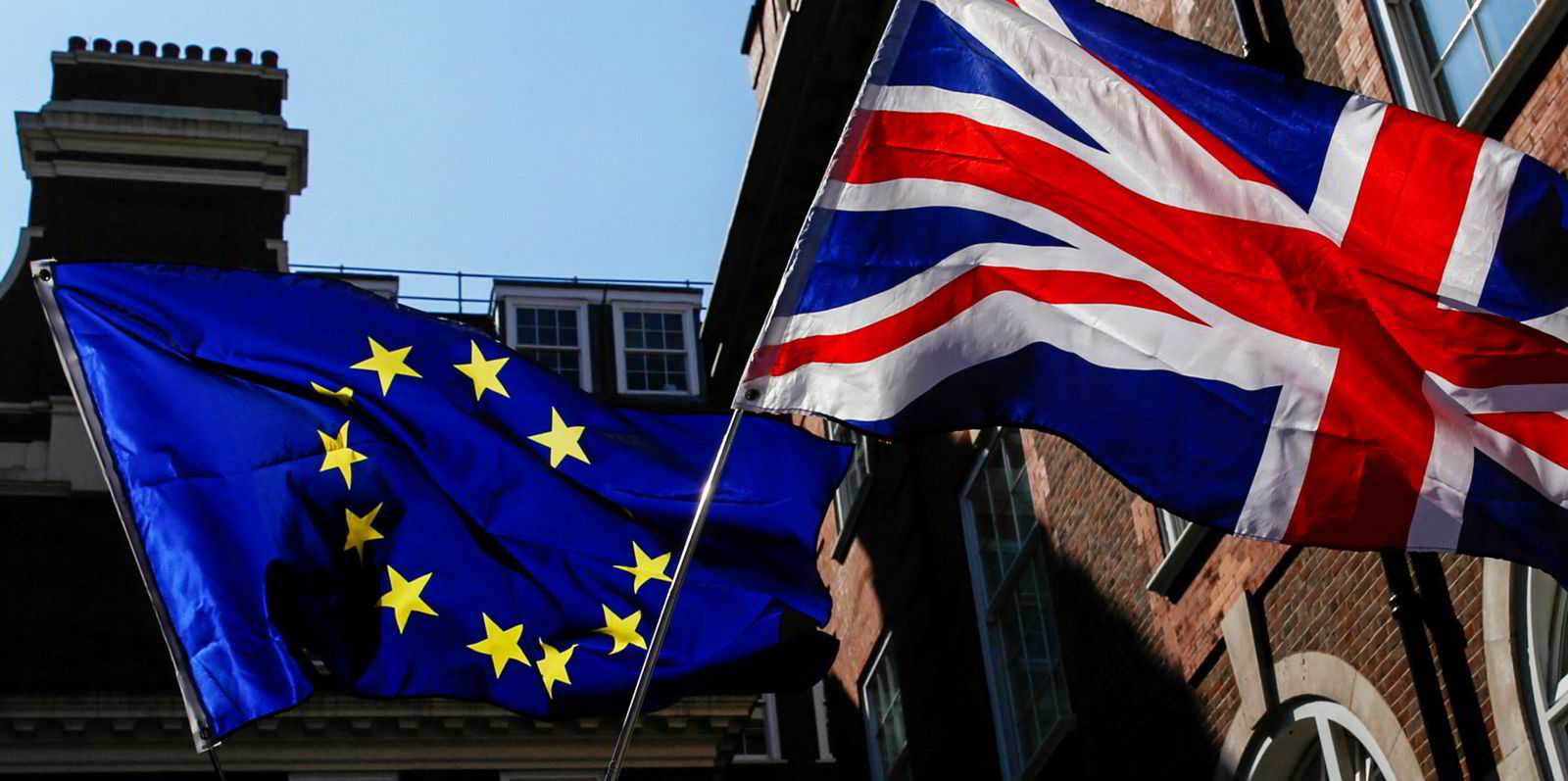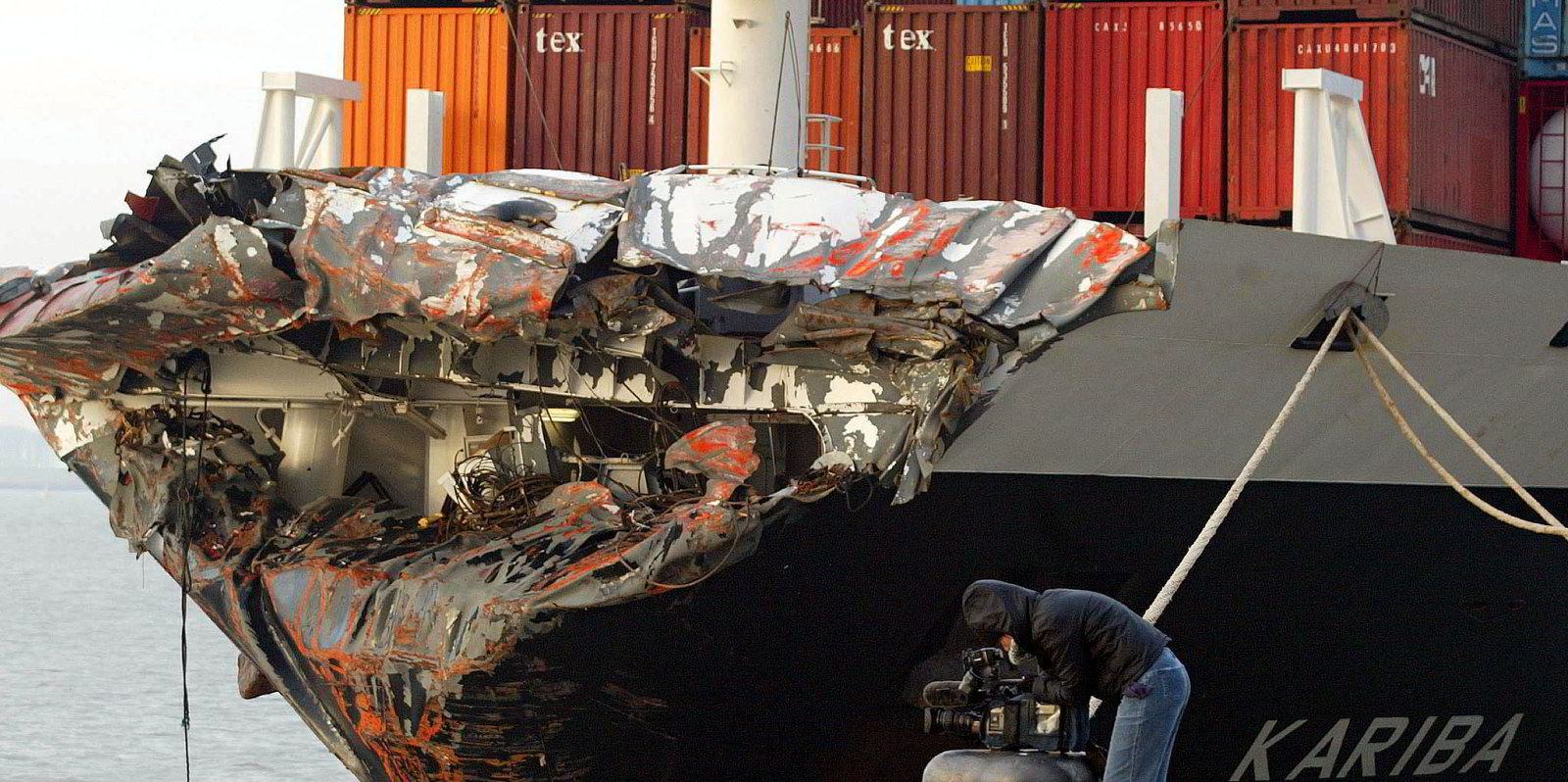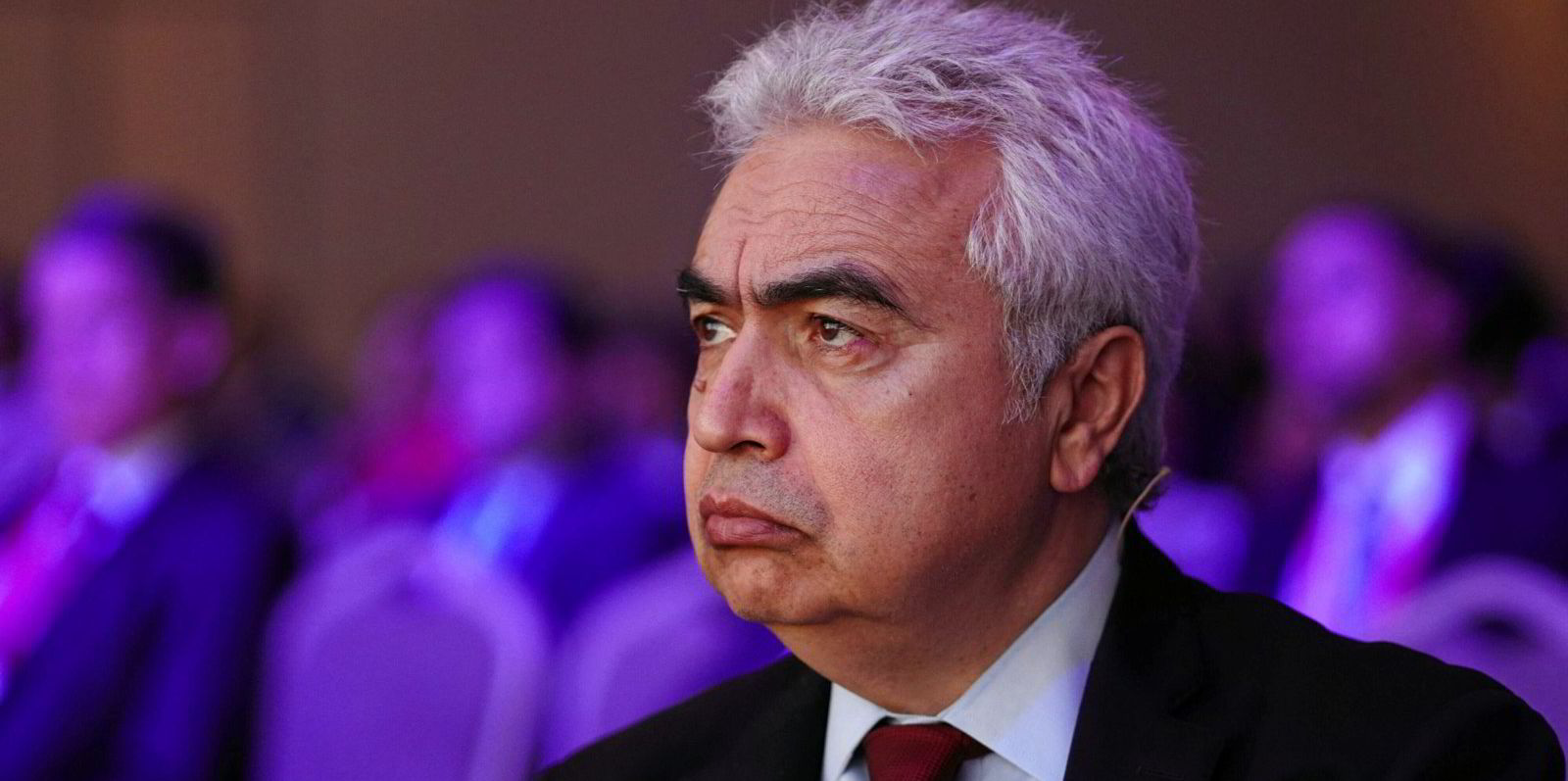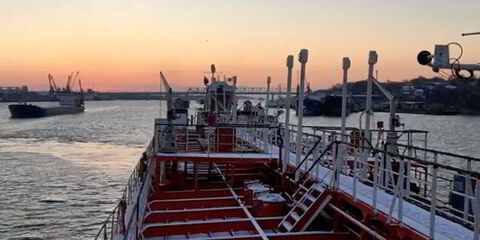Some London maritime lawyers are hoping they can find that elusive beast of “the Brexit dividend” by encouraging talk of Britain diverging from the European Union over the treatment of the liner industry.
They argue that where Britain goes, others may follow given the outsized role London has in maritime commercial agreements.
Legal beagles are cheering on the container shipowner lobby group — the World Shipping Council — in its appeal to the UK competition regulator not to follow the EU’s decision last month to end the Consortia Block Exemption Regulation.
In a joint letter first disclosed by the Financial Times, the WSC and the Asian Shipowners’ Association told the UK’s Competition and Markets Authority that the findings by Brussels were deeply flawed.
The liner lobby has come out fighting, stirred by the fact — as we discussed in this column last week — that the sector is facing a massive freight rate downturn due to faltering demand and overcapacity.
The appeal to Britain to exercise its “sovereign” rights and go its own way might superficially appeal to a Conservative government that promoted Brexit as a cure to the UK’s many economic and social problems.
The many promised Brexit benefits heralded by then prime minister Boris Johnson and other leading Tories in the run-up to the 2016 referendum have proved hollow.
The sense of failure and disillusionment has created a situation where the ruling party is performing abysmally in public opinion polls and is heading for a potential electoral wipeout next year.
Could becoming a transshipment hub on the edge of the EU through a favoured relationship with the nine big liner operators that thrive on the antitrust exemption be the way forward?
Singapore-on-Thames
It would be deeply ironic if it was. The whole idea of Britain becoming a Singapore-on-Thames as promoted by Johnson and others was based around freewheelin’ deregulation — not re-regulation.
The reason for the EU deciding to dismantle the block exemption from April 2024 is based on there being no strong evidence that suggests these legal cartels do what they claim to do: lower prices.
In fact — although the WSC and other shipowners hotly dispute this — the opposite has happened. So would Britain want to make its own freight costs even more expensive when it is already suffering from a cost of living crisis?
And how practical would it be? It is hard to see Felixstowe or Southampton becoming the new Rotterdam — if only because land is in short supply and hard fought over in Britain.
It would be expensive — in that the UK ports sector is not set up to deal with the cargo from massive new container ships that would have to be discharged into smaller vessels.
Moreover, there is a possibility that liner cartels could be undercut by direct — and potentially cheaper — services from the European Continent to different global markets.
However, it could play into the UK government’s Freeports concept, where normal planning and other rules are suspended to allow the physical growth of tax-free manufacturing and transport areas around docks.
But this has already proved highly controversial in places such as Teesport (to be discussed another time).
Largely, the liner shipping industry has shot itself in the foot over all of this having benefited from the most enormous profit bonanza in 2022, which was paid for by shippers and consumers.
Unsurprisingly, the WSC argues that this was because of unusual circumstances: post-Covid consumer boom, port congestion and freak accidents such as the one that blocked the Suez Canal.
Electoral soundbite
In fact, liners were lucky to get the block exemption in the first place. Research papers argued the same thing for airlines and long-haul trucking groups but failed to move the policymakers.
Many big liner operators have not only bought up their smaller rivals but also many of the port terminals and sometimes some of the land transport. It all looks a bit cosy and, with some multibillion-dollar annual profits, this does not look like an industry in need of protection from competition.
I can’t really see a special Brexit liner arrangement on the outskirts of the EU, although it might serve as an electoral soundbite by a sinking Conservative party urged on by the WSC and the odd London lawyer.





